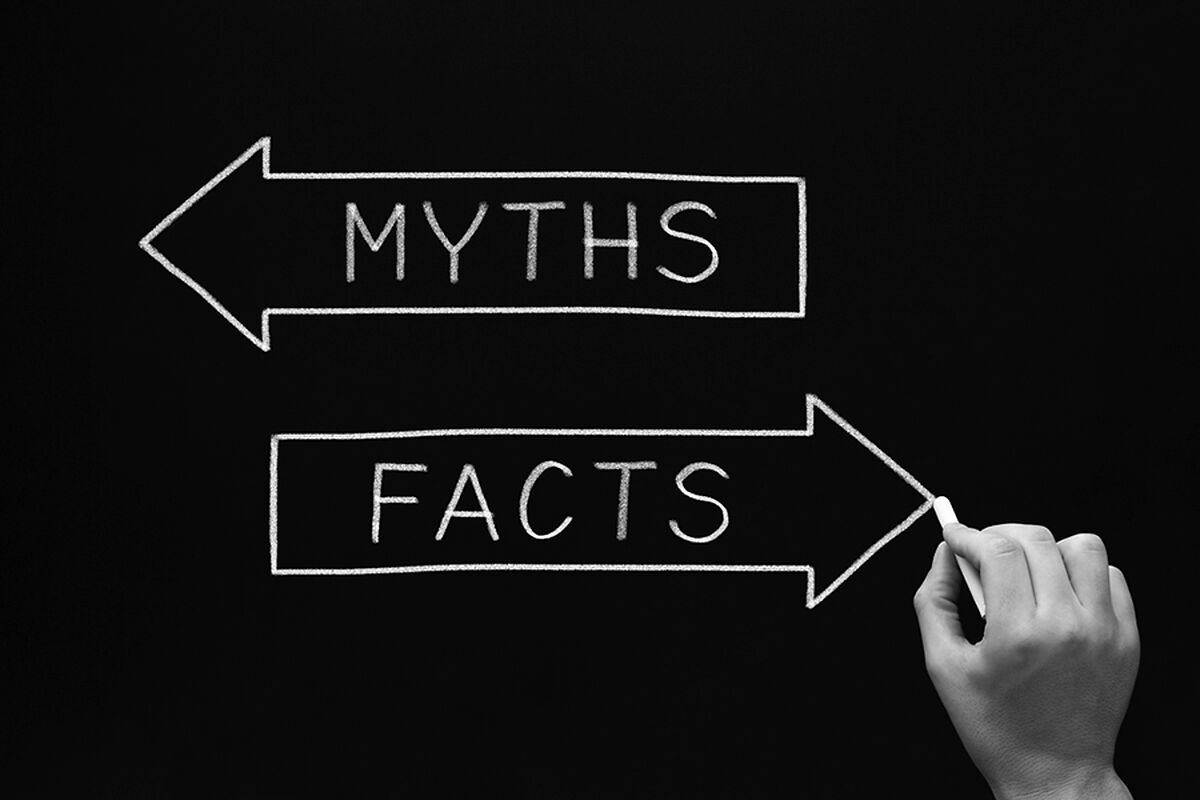Debunking the Myths around the Copyright Directive

Myth: “This Directive only favors big rightsholders and does nothing for creators” - FALSE!
So much biased disinformation (to say the least) is circulating on the Copyright Directive that the first thing you should do is to … READ it! It’s here. Do you often hear that it will only favor big rightsholders and do nothing for creators? Nothing is falser!
In fact, the Directive includes unprecedented EU harmonized provisions to the benefit of all authors and performers including small ones, to rebalance their systemic weak bargaining position when they sign contracts with producers and publishers and improve their remuneration. Despite a fierce opposition, the European Parliament succeeded to include additional protections for creators (Article – 14 and 16a) and to strengthen the provisions proposed by the European Commission (Articles 14, 15 and 16).
- The European Parliament fought hard to include Article – 14, which establishes a right to appropriate and proportionate remuneration to the benefit of all authors and performers. It is the first time the EU recognizes such a right.
- Article 14 now includes a strong transparency obligation to ensure authors and performers have access to relevant information about the exploitation of their works and performances across the whole value chain, including from sub-licensees.
Thanks to the European Parliament, this will enable creators to compare deals and better exploit new opportunities, including across borders. Today, creators are too often unable to effectively monitor the use, measure the commercial success and assess the economic value of their works.
- Article 15 introduces for the first time in EU law a strong contract adjustment mechanism (often called the “best-seller” clause) to ensure that creators can benefit from their successes. It includes a right to claim “additional, appropriate and fair remuneration”, in case the remuneration originally agreed turns out to be disproportionately low compared to all the exploitation revenues.
- Article 16 sets out a voluntary, alternative dispute resolution procedure to help creators enforce their rights under Article 14 and 15, as a possible alternative to costly and lengthy legal procedures against publishers and producers.
- The European Parliament also fought hard for Article 16A, which would introduce for the first time in EU law a right of revocation, based on a simple “use it or lose it principle”, allowing both creators to take back their rights when their works are not exploited and giving citizens access to our cultural diversity. In the current situation, authors are too often trapped into contracts applying for the entire duration of the copyright term (70 years after the death of the author) and for all territories in the world.
If the European Parliament rejects the Copyright Directive, it will throw to the bin all those improvements, showing to citizens and creators the EU’s failure to improve the livelihoods of millions of creators, who have been waiting 20 years to see those improvements adopted at EU level.
Time to make the right choice and adopt the Copyright Directive!
Myth: “Article 13 will break the Internet, affect freedom of expression and stifle innovation and creativity” - FALSE!
In fact, Article 13 aims at rebalancing the current unfair relationship between certain big platforms and the ones who created and invested in creative works. It requires certain big profit-making platforms with large amount of copyright works to get an authorisation from rights holders (paragraphs 1, 2 and 3) or to remove specific works, based on the information provided by rights holders (paragraph 4).
Who is concerned? See Article 2, paragraph 5 and the definition of online content sharing service provider. READ it! It is here:
- It ONLY applies to those whose MAIN PURPOSE is to store and give access to a LARGE amount of copyright protected works uploaded by its users which it organises and promotes for PROFIT-MAKING purposes.
- It does NOT apply to non-profit players, such as online encyclopedias, open source software platforms or online marketplaces. Neither to services whose main purpose is not giving access to large amount of copyright works for commercial purposes.
Who is responsible? Today, users are responsible for copyright infringement. With Article 13, USERS will NOT be responsible, but the PROFIT-MAKING platforms mentioned above will be (paragraph 2).
No threat to freedom of expression: Article 13 does NOT prevent people to upload their content, nor it will prevent them to freely upload content for the purpose of quotation, criticism, review, caricature, parody or pastiche. Freedom of expression is safeguarded for creators and citizens and protected from automatic blocking (paragraph 5). As authors, freedom of expression is in our DNA: we would not support any laws that limit it in any way.
No obligation to put “upload filters” in place: If no licences are available, those platforms need to be able to identify specific copyright protected content for which rightsholders provide relevant information. Any general monitoring obligation is explicitly banned (paragraph 4 and 7).
No one size fits all approach: In case rightholders do not want their content to feature on the platforms, the obligation to keep the content out will depend on the platforms’ type, their audience, their size, the works uploaded, the means available to them and their cost (paragraph 4a).
Special regime for start-ups: In order to create even more legal security for small players, Article 13 includes a specific regime for startups if a) they have existed for less than three years, b) generate less than 10 million euros in turnover annually and c) have an average number of monthly unique visitors below 5 million. They will benefit from a light regime altogether (paragraph 4aa).
Now ask yourself: when a citizen enjoys a creative work on a global profit-making platform, do you think the revenues generated should go mainly to those who created the work or to the platforms?
Time to read the text, be fair to creators and adopt the Copyright Directive!